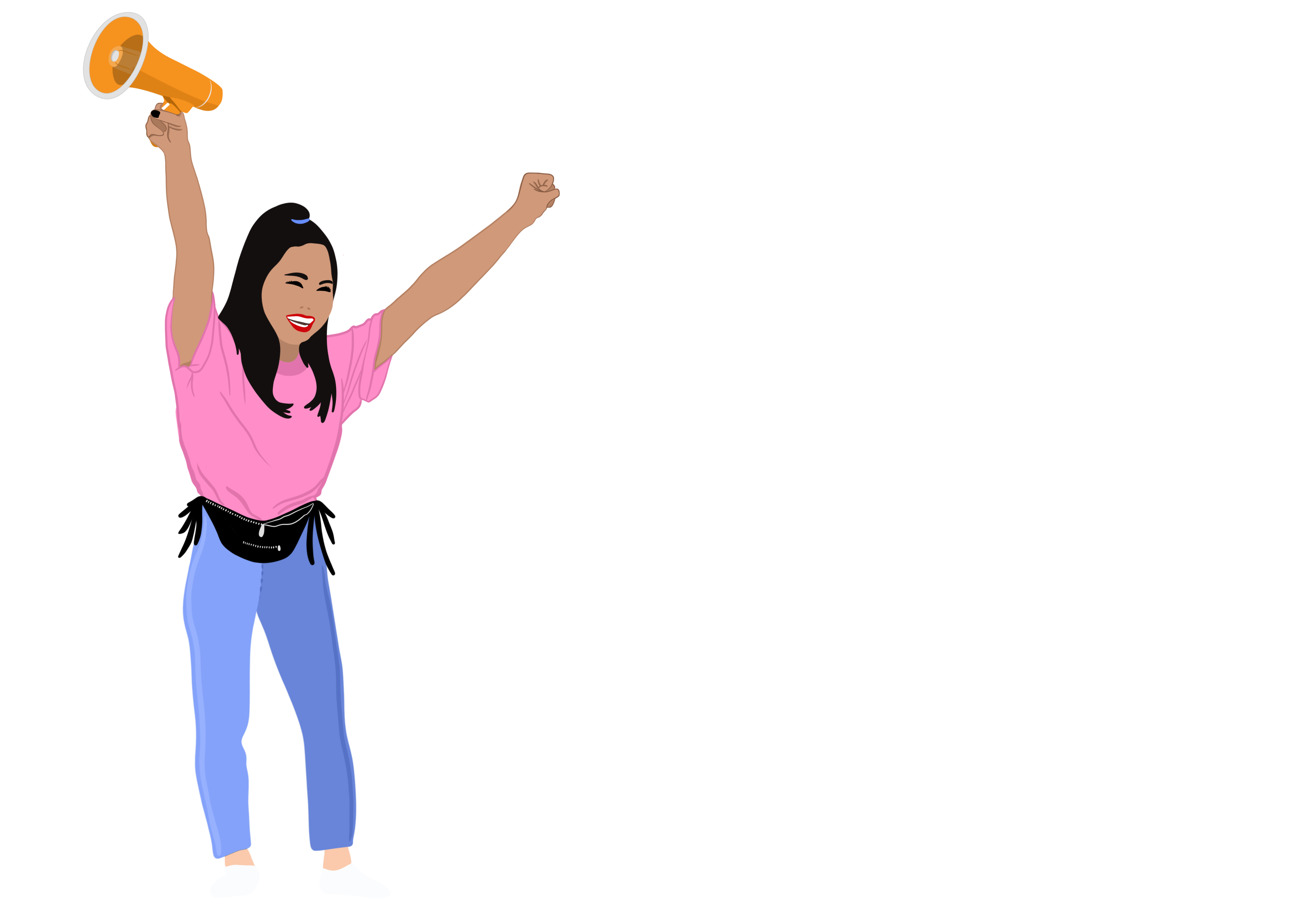What is youth leadership
Young people need to be actively involved in the design, implementation, and evaluation of SRHR programs, interventions and policy-making. However, in order to actively advocate for their rights, young people (may) need support to develop their knowledge and skills. Having strengthened youth leadership skills allows young people to participate in a meaningful way in local, national, regional, and international advocacy processes and programs. For example, when young people are coming together to prepare for a community dialogue with the local leaders, they are exercising as much leadership as the person who is ultimately participating in the dialogue and is in direct talks with the local leaders.
Youth leadership skills
Youth leadership skills contain two abilities: (1) the ability to guide other people in a certain direction and to influence other people’s opinions and behavior, and (2) the ability to analyze and work with your own strengths and areas of improvement, to believe in yourself, and to achieve your goals.
| Youth leadership skills can be strengthened by participating in youth leadership trainings. Participants are able to practice skills that can be used in directing people and influencing other people’s opinions and behavior. Trainers facilitate skill strengthening by creating an environment in which the participants can explore what kind of youth leader they are or would like to become. |
Some examples of youth leadership skills are:
- Feedback skills: both giving and receiving feedback
- Presentation skills
- Listening skills
- Pitching
- Giving a speech
- Communication skills
- Working in teams
- Motivation skills
- Convincing skills
- Negotiation skills



